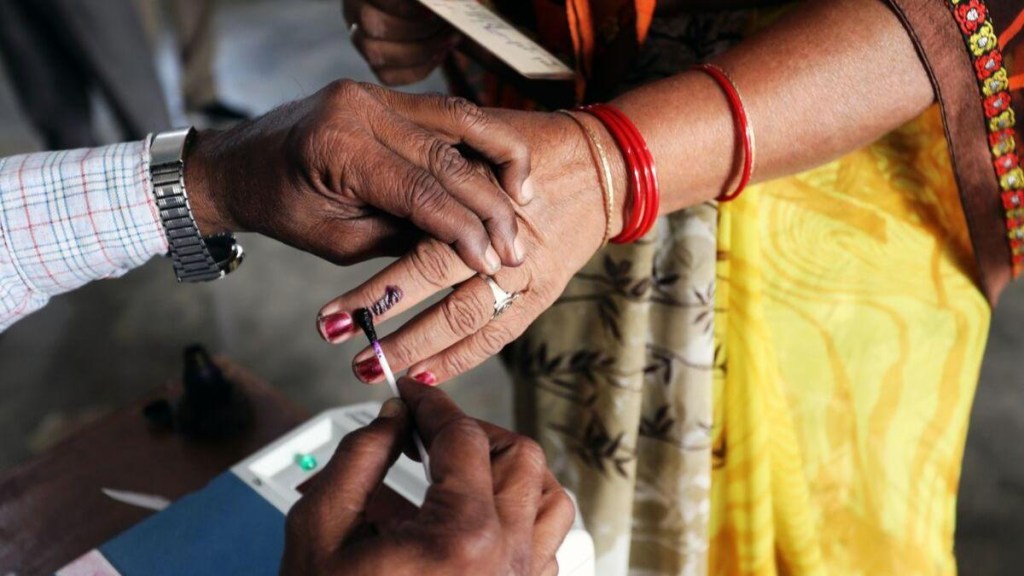As Bihar goes to the polls later this year, the Election Commission has issued an order for a special intensive revision (SIR) of the electoral rolls. The order, dated June 24, apparently aims to weed out ineligible names and ensure only eligible citizens are included in the electoral roll. With the exercise currently underway in the poll-bound state, data cited by an NGO suggests that crores of people may be at risk of losing their right to vote.
But, why?
One of the primary concerns is the documentation required to prove citizenship. Many residents may struggle to meet the strict criteria within the limited time, especially since commonly held IDs like Aadhaar and ration cards are not accepted.
On top of that, voters are not only required to prove their own citizenship but also that of their parents; failure to do so could result in their names being deleted from the electoral rolls.
Who will be impacted?
The move will impact marginalised communities, including Muslims, Scheduled Castes (SCs), Scheduled Tribes (STs), and migrant workers, who are less likely to have access to the required documents.
ADR moves Supreme Court
The Association for Democratic Reforms (ADR) has filed a petition in the Supreme Court challenging EC’s order, saying that this will “disrupt free and fair elections in the county”.
“The SIR order, if not set aside, can arbitrarily and without due process disenfranchise lakhs of voters from electing their representatives, thereby disrupting free and fair elections and democracy in the country,” ADR said in its petition.
It further highlighted the “unreasonably short timeline” given to voters to produce documents: “The documentation requirements of the directive, lack of due process as well as the unreasonably short timeline for SIR of electoral roll in Bihar further make this exercise bound to result in removal of names of lakhs of genuine voters from electoral rolls.”
EC order violates constitutional rights
The NGO has also urged the apex court to strike down the order, arguing that it violates several constitutional rights enshrined in the Constitution, including Articles 14, which guarantees equality before law; Article 19, which ensures freedom of expression; Article 21, which upholds the right to life; Article 325, which prohibits exclusion from electoral rolls based on religion, race, caste, or sex; and Article 326, which guarantees adult suffrage.
It also argues that the directive contradicts the Representation of the People’s Act, 1950, and Rule 21A of the Registration of Electors Rules, 1960.
Lakhs of voters don’t have documents
The petition warns that over three crore voters, especially those from poor or migratory backgrounds, will be impacted. Such people may have voted in the past and may now lose their right to vote.
“Bihar is a state with high poverty and migration rates where many lack access to documents like birth certificates or parental records. As per estimates, over three crore voters and more particularly from marginalised communities could be excluded from voting due to the stringent requirements as mentioned in the SIR order,” it further argued, before adding, “That the current reports from Bihar, where SIR is already underway, show that lakhs of voters from villages and marginalised communities do not possess the documents as being sought for them.”
SIR is in line with constitutional provisions: EC
The Election Commission, however, has defended the need for the revision. It argues that the SIR, which was last conducted in Bihar in 2003, is needed owing to factors like rapid urbanisation, population mobility, youth reaching voting age, unreported deaths, and alleged inclusion of illegal immigrants in the voter rolls.
The EC claims that the revision is being conducted in accordance with constitutional and legal provisions.
As part of the exercise, booth-level officers are conducting door-to-door surveys to verify the information of the voters.
Activists, politicians approach the apex court
In response to EC’s order, many people have moved SC, including TMC MP Mahua Moitra and activist Yogendra Yadav. Moitra filed a writ petition challenging the order, arguing that it violates fundamental rights and threatens to undermine democratic processes.
“The present writ petition has been filed in public interest under Article 32 of the Constitution seeking setting aside of order dated 24.06.2025 issued by the Election Commission of India…. If not set aside, it can lead to large-scale disenfranchisement of eligible voters in the country, thereby undermining democracy and free and fair elections,” her plea, filed through advocate Neha Rathi, read.
She further urged the apex court to restrain ECI from issuing similar orders for SIR of electoral rolls in other states of the country.
The plea further said, “This requirement is ultra vires Article 326 and introduces extraneous qualifications not contemplated by the Constitution of the RP Act 1950.”
Activist Yogendra Yadav has sought a stay on the EC order, which he called “arbitrary”.
“The 90-day verification window, overlapping with Bihar’s monsoon season, is also criticised as impractical given the fact that a large number of these sections of people lack birth certificates, land documents, or other mandated identity proofs,” the plea reportedly notes.
Earlier, the leaders of the INDIA bloc met with the Election Commission and strongly opposed the exercise, which will soon take place in Assam, Kerala, Puducherry, Tamil Nadu, and West Bengal. Except for Bihar, all other states are going to elections next year.
Congress general secretary Jairam Ramesh took to X and shared, “After the PM’s ‘notebandi’ of November 2016 destroyed our economy, ECI’s ‘VOTE-Bandi’ in Bihar and other states, as reflected in the SIR, will destroy our democracy.”

